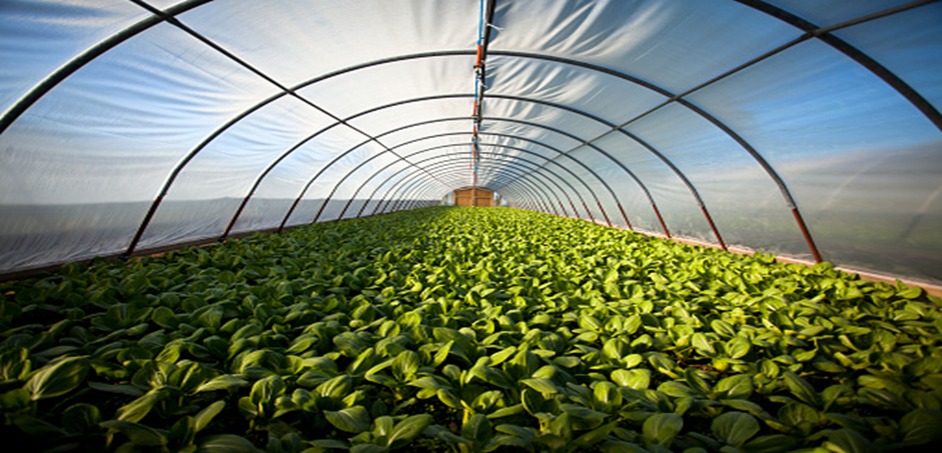ISLAMABAD: The promotion of organic farming can stabilise yields and improve agro-diversity in Pakistan besides protecting the environment, WealthPK reports.
However, the potential of organic farming has not been explored to the desired level in the country. Organic farming ensures sustainable agriculture because it stabilises yields, protects the environment, improves agro-diversity and reduces the use of synthetic fertiliser.
Dr Muhammad Asif, a scientific officer at Pir Mehar Ali Shah Arid Agriculture University, told WealthPK that organic farming had significant potential to grow. He added that the country was far away from exploring the true potential for organic farming.
He said that organic farming would not only help to protect the environment but would also reduce the negative impacts of climate change as it did not need chemical fertiliser, herbicides and pesticides for growing crops.
Dr Asif said that in conventional agriculture practices, the quality of food was affected even though production was increased due to excessive usage of chemicals and pesticides.
Instead of fertilisers, farmers use manure in organic farming that helps to improve the soil structure and growers sell their agricultural products at a higher price because consumers believe in their quality. Organic food items have a higher price tag than conventional foods. The price tag reflects the actual costs of the food items.
Dr Asif said that an organic product had high prices because it was labour-intensive, demanded continuous supply and took more time to grow. By considering all the indirect costs of conventional food production, organic items would be cheaper and have the same price as conventional foods, he added.
Organic farming provides good quality food without affecting soil and the environment on a sustainable basis, as long as suitable organic sources for specific crops are standardised and the market is sought out so as to earn the maximum profit.
Crop rotation helps to reduce the build-up of diseases in the soil and improves the soil composition. Certain crops such as peas and beans fix nitrogen from the air and increase the nitrate in the soil. It makes the soil much more fertile so farmers rotate legumes with other crops.
“This type of farming also helps to maintain the biodiversity better than conventional farming,” said Dr Asif.
According to the data available with WealthPK, the organic market size was valued at $178.4 billion in 2021. It is growing at an compound annual growth rate (CAGR) of 12.06%. It is expected to reach $497.3 billion in 2030.
Dr Asif said that the distribution chain for organic products was relatively inefficient and was not enough to feed the growing population. “Supporting organic product marketing through exhibitions will help increase awareness among people,” he added.
Farmers and retailers should have direct links because middlemen exploit growers and make profits. The adaptation of organic farming practices will reduce the import of fertilisers and pesticides. As a result of the conversion of modern chemically-intensive agriculture into a more sustainable form of agriculture, organic farming seems to be an option for sustaining desirable agricultural production in the future.
“Organic farming is low compared to modern intensive agricultural practices. The use of synthetic fertiliser has not been helpful for sustainable production because it results in the degradation of land owing to low crop yield, solid acidity and nutrient imbalance,” Dr Asif told WeathPK.





